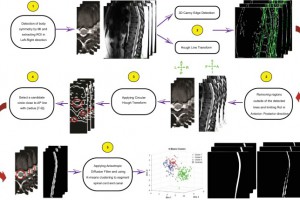Ketamine may be effective in treating children with ADNP syndrome
Low-dose ketamine was generally safe, well-tolerated and effective in treating clinical symptoms in a small group of children with activity-dependent neuroprotective protein syndrome, researchers reported.
Activity-dependent neuroprotective protein (ADNP) syndrome is a rare genetic condition associated with intellectual disability and autism spectrum disorder. The ADNP gene affects brain formation, development and function, and its mutations are one of the most common single-gene causes of autism. Preclinical evidence suggests that low-dose ketamine may induce expression of ADNP, and that neuroprotective effects of ketamine may by mediated by ADNP.
According to the results, ketamine was associated with improvements in social behaviors, ADHD symptoms, restricted and repetitive behaviors, and sensory reactivity. The most common adverse events reported were elation or silliness (50%), fatigue (40%) and increased aggression (40%).
“We are encouraged by these findings, which provide preliminary support for ketamine to help reduce negative effects of this devastating syndrome,” Kolevzon said. “Future studies using a placebo-controlled design and studying the effects of repeated dosing over a longer duration of time and in a larger cohort of participants are needed before ketamine is used clinically, but our study is a promising first step in that process.”





Related Posts